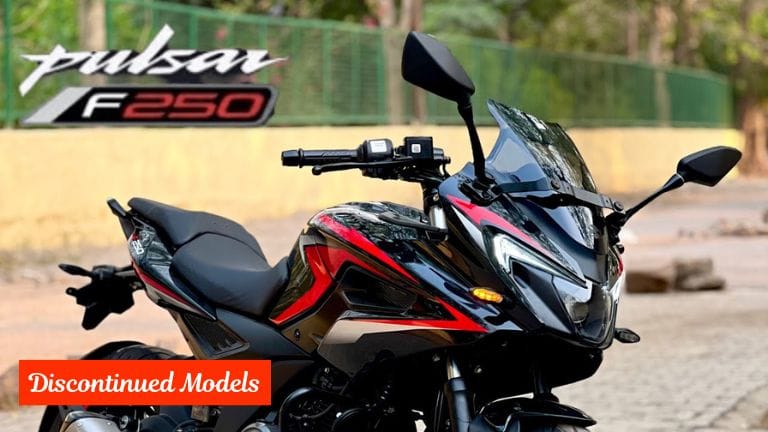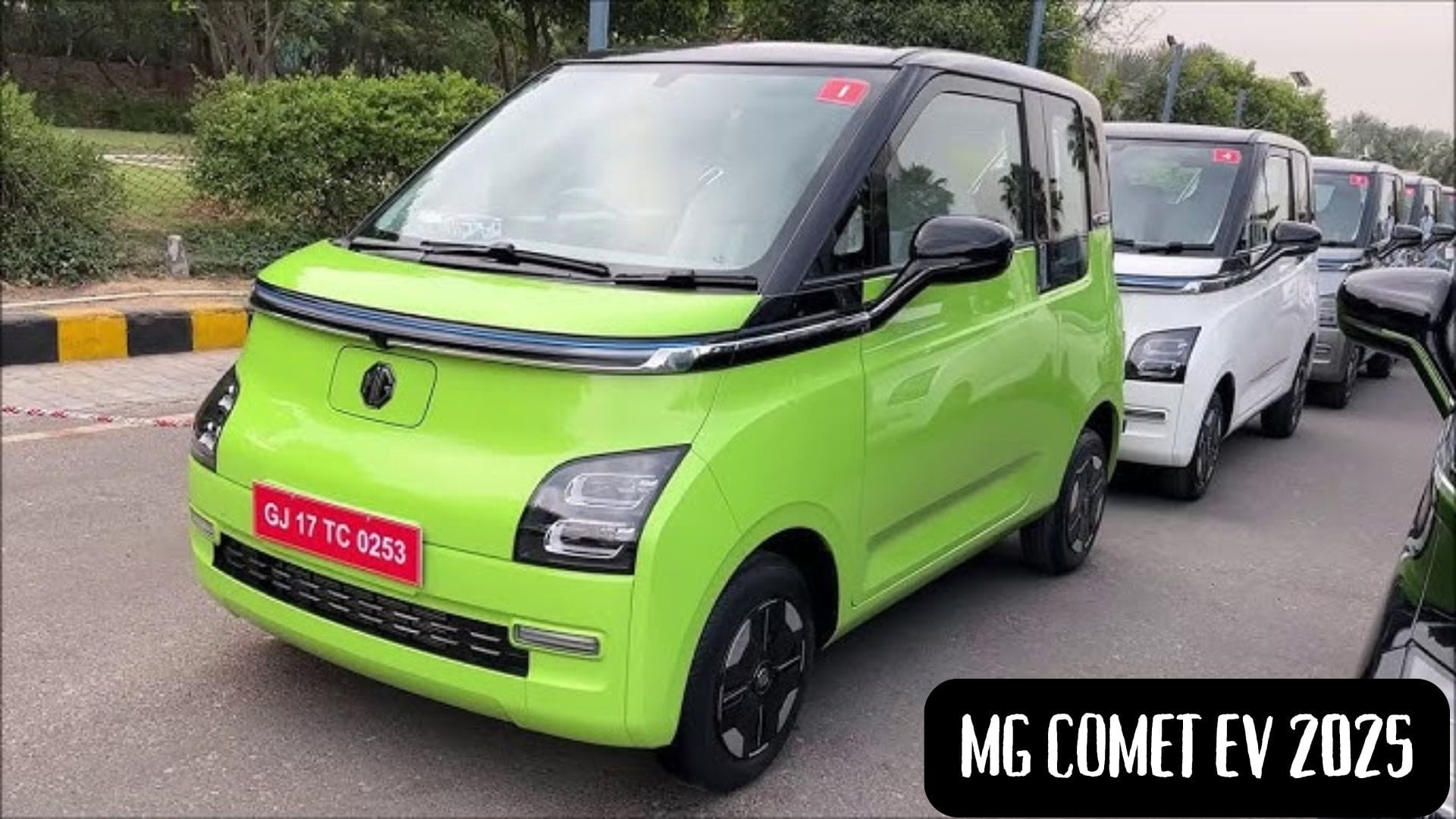Bajaj Auto Shocks Customers by Discontinuing Three Popular Motorcycle Models

In a surprising move, Bajaj Auto has decided to halt production of three of its beloved motorcycle models the Pulsar F250, Platina 110 ABS, and CT 125X leaving customers and enthusiasts in disbelief. These bikes, which once enjoyed a strong fan base, were discontinued at the start of the year, sparking widespread speculation about the reasons behind the decision.
Price Points of the Discontinued Models:
- Pulsar F250: Approximately Rs. 1.5 lakh
- CT 125X: Rs. 73,000
- Platina 110 ABS: Rs. 79,000
While Bajaj Auto has not officially clarified the reasons for this move, industry experts believe that sluggish sales figures played a significant role. The decision has raised questions about shifting consumer preferences in the Indian two-wheeler market.
The Commuter Bike Segment Takes a Hit:
Two of the discontinued models—the Platina 110 ABS and CT 125X—were classified as daily commuter bikes. The Platina 110 ABS, in particular, stood out as the first in its category to feature a single-channel Anti-Lock Braking System (ABS), a notable innovation for budget-friendly commuter bikes. Meanwhile, the CT125X, known for its durability in the 125cc segment, failed to attract enough buyers, leading to its exit from the market.
Pulsar 220F Also Bites the Dust:
The Pulsar 220F, another iconic model from Bajaj’s lineup, faced similar challenges. Despite its reputation for performance and reliability, declining sales forced the company to pull the plug on this fan-favorite. However, the Pulsar brand continues to thrive in India, with models ranging from 125cc to 400cc still dominating the market.
What Does This Mean for the Indian Automobile Market?
Bajaj’s decision underscores a significant shift in the Indian two-wheeler market. While affordability has long been a key factor for consumers, the discontinuation of these models suggests that buyers are now prioritizing modern features and technology over just low prices. The market is flooded with budget-friendly commuter bikes that offer advanced features, reflecting the changing demands of Indian riders.
As the automotive landscape evolves, Bajaj’s move highlights the need for manufacturers to adapt to these shifting trends. The discontinuation of these models may mark the end of an era, but it also opens the door for newer, more innovative offerings tailored to the modern consumer.




